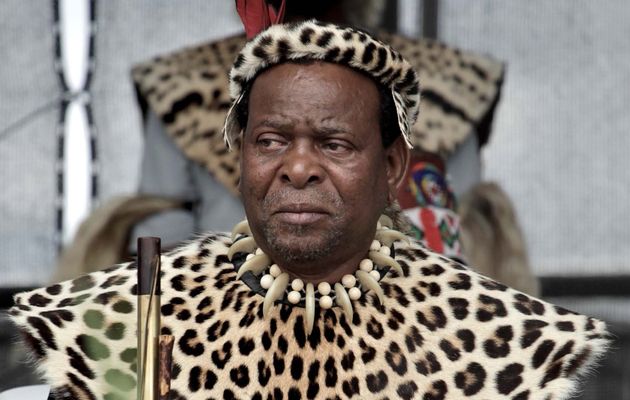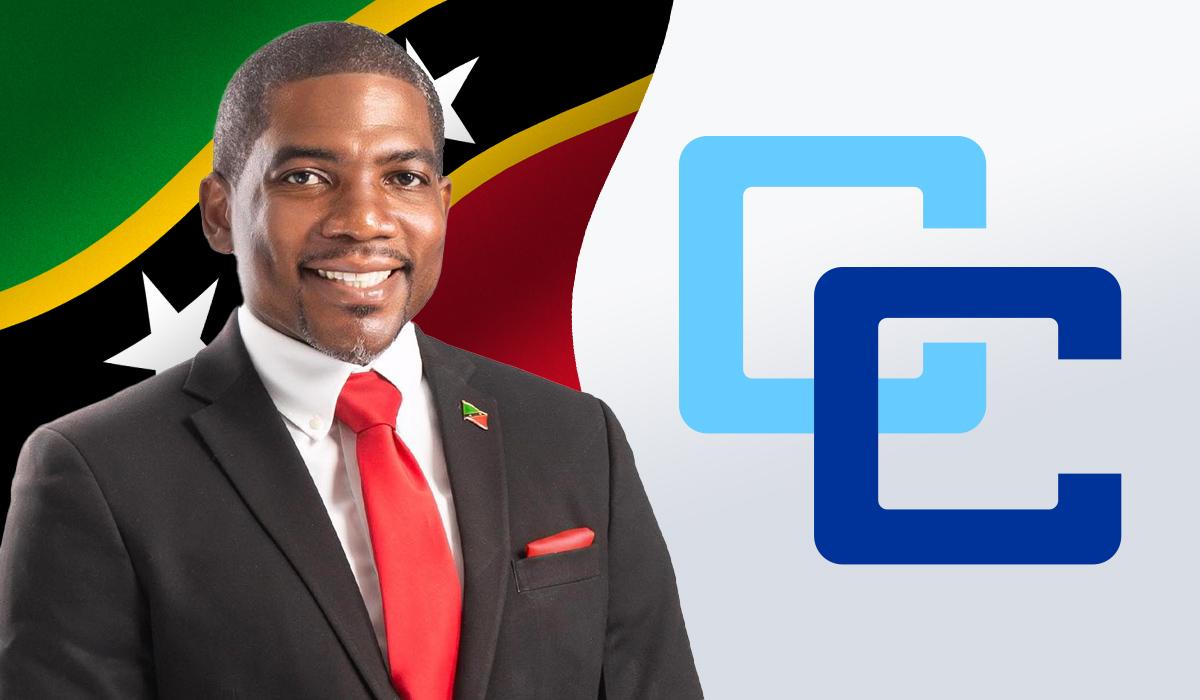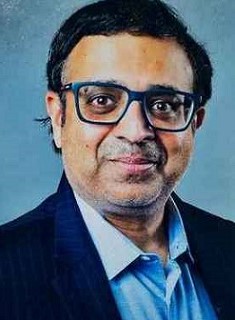It has been announced that King Goodwill Zwelithini, the leader of the Zulu nation in South Africa has died.
A proud and passionate defender of traditional culture, he saw it as a force for good both within South Africa and beyond its borders in the continent as a whole. Accused of hanging on to outdated ideas, he was also criticised for being willing to work with the white-minority government in power before 1994, and not wanting to cooperate with the current government's land redistribution polices.
Born in 1948 and coming to the throne in 1971, Isilo Samabandla Onke (loosely translated as "King of all Zulu kings"), as he was respectfully called, was a direct descendent of the King Cetshwayo, the leader of the Zulu nation during the 1879 war against the British army.
Throughout his half-century reign he was a staunch advocate of preserving cultural identity and promoting unity, especially among AmaZulu (the Zulu people). His position as a traditional ruler was recognised in South Africa's post-apartheid constitution, which meant that he got state support.
Though he did not have formal political power and his role within the broader South African society may have been largely ceremonial, he was a revered as a traditional leader, even by those outside his culture. To many, the father of 28 children from six wives embodied what it was to honour time-held cultural practices and represented an idea that though South Africa was a modern country, it had not abandoned its past.
A feature of his reign was the revival of Umhlanga or Reed Dance in 1991, which the apartheid government had prevented from taking place. The ceremony, attended by many hundreds of young unmarried Zulu women is meant to celebrate virginity, but King Zwelithini said it was also there to promote HIV and Aids awareness in KwaZulu-Natal - a province with one of the highest HIV-infection rates in the country.
He believed that a return to morality would help slow down the spread of the disease in his kingdom. Some critics said that while the practice of Umhlanga had a place in Zulu tradition, it was fundamentally patriarchal as it placed the role of managing sexual relations and containing the spread of HIV on women. The emphasis was on women remaining pure and not about male behaviour.
The King believed that traditional leaders should have a more prominent role to play in addressing the continent's many problems – once arguing that not all solutions will come from politicians or
Professor Sihawukele Ngubane, chair of the Zulu Royal Household Trust, said. The African languages professor said: "He was instrumental in upholding unity among the Zulu people, preserving culture at a time when the identities of African people were marginalised. He understood his role as having influence both among the Zulu nation but also other cultures in the country and on the continent."
King Zwelithini was a man who knew how to use his influence, especially for the preservation of his people. Prof Ngubane says his presence in KwaZulu-Natal helped quell tensions between the IFP and the ANC that erupted during the struggle to end apartheid. South Africa's President Cyril Ramaphosa described him in a tribute as a much-loved visionary.
As chair of the Ingonyama Trust, he was the custodian of swathes of traditional land in KwaZulu-Natal, making up about 30% of the area of the province. In 2018, he partnered with the Afrikaner lobby group AfriForum, which was fighting to protect white-owned farms from land reform. AfriForum at the time said the partnership was one of mutual recognition and respect.
When he spoke, people listened and he was also known by the Zulu phrase "Umlomo ongakhulumi amanga", which loosely translates as "the one who does not lie." But it was precisely this influence that troubled some people when he said that foreign nationals should return to their countries so that Black South Africans were not forced to share already limited resources.
His successor will now be chosen, but whoever follows him will have the tough job of upholding Zulu culture, responding to the problems of the day while inspiring reverence, even among critics.
He was 72.

















